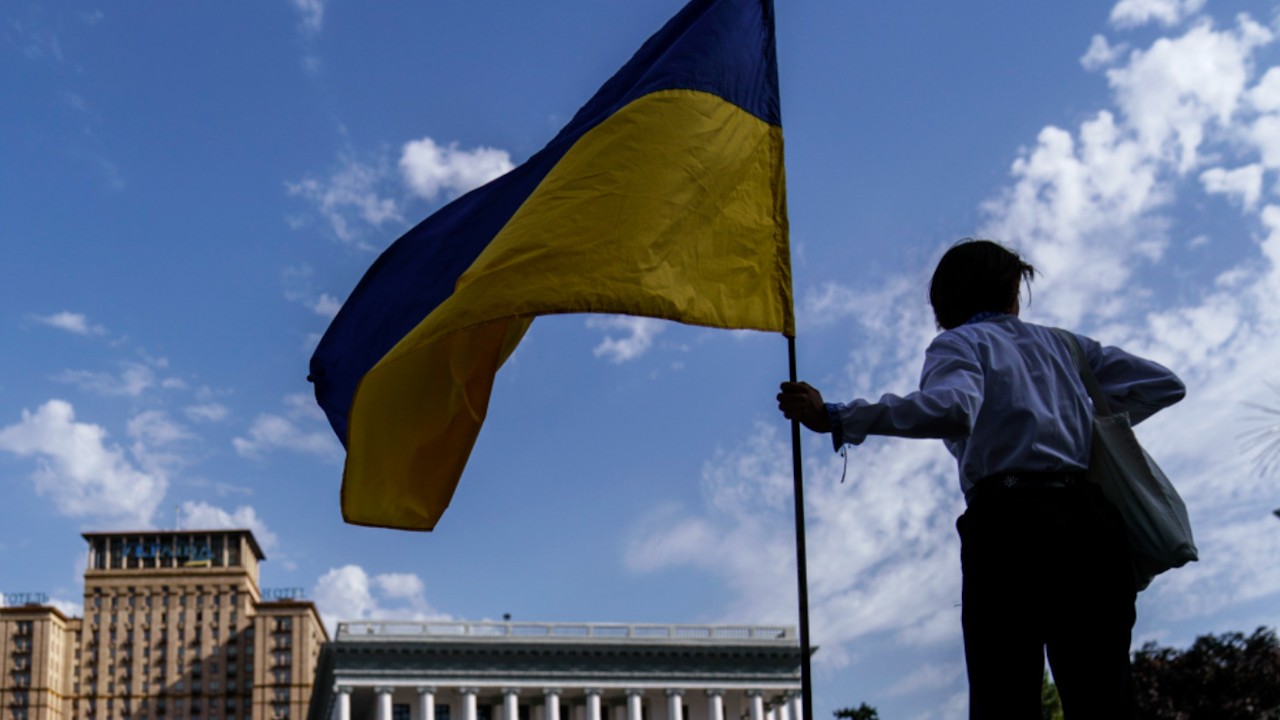Advertisement
On Balance | If China supports Russia militarily, will the US Republican Party’s right flank turn against Putin?
- China’s ‘century of humiliation’ may be behind its support of Russia, but Putin’s war in Ukraine is not a symmetrical response to Kyiv’s desire to join Nato
- Meanwhile, the stance of some US Republicans in the culture wars shows alignment with Moscow and Beijing against diversity at home, but not condemning Putin looks increasingly untenable
Reading Time:3 minutes
Why you can trust SCMP
10

With the one-year mark for Russia’s brutal war against Ukraine behind us, our gaze is set on China, which appears to be Russian President Vladimir Putin’s best hope for revitalising his bid to tame Ukraine.
Advertisement
Chinese diplomats assert that the interests of “all sides” must be considered in bringing the war to an end but they have so far left Kyiv off their travel itineraries. Beijing’s 12-point peace proposal includes a call for a ceasefire, which many see as a way for Russia to hold Ukrainian territory that it already has – an outcome that would be similar to Japan’s hold on part of Shandong province after World War I.
Seen from one perspective, China leaning towards the Kremlin is rank hypocrisy given that Beijing has chanted the gospel of sovereignty and territorial integrity as fervently as American Republicans resort to thoughts and prayers after a mass shooting. But it’s just desserts if you think the country is entitled to a smidgen of retribution against the West for the century of humiliation – including territorial concessions – that forms the core of modern China’s historical narrative.
Few in the West are aware of these indignities, and for many of those who do know something of the history, it’s seen more in the context of a great power struggle that played out in the mists of time.
But most mainland Chinese are convinced, rightly or wrongly, that carving up and profiting from China’s key port cities helped to give the West an economic and military advantage that the country is still making up for; reason enough for Beijing’s hard-nosed foreign policy.
Advertisement
Seen through this lens, it’s easier to understand why Beijing sticks with Moscow despite the obvious flaws in its position. However, what Putin is doing in Ukraine is not a symmetrical response to Kyiv’s desire to join Nato.

Advertisement

